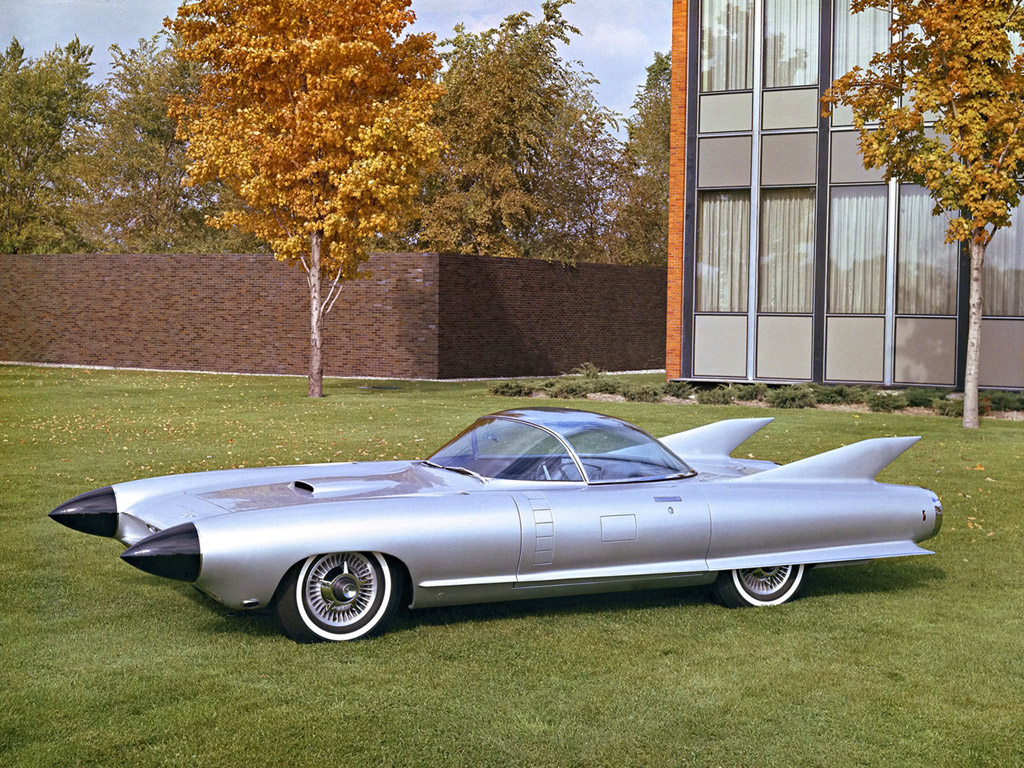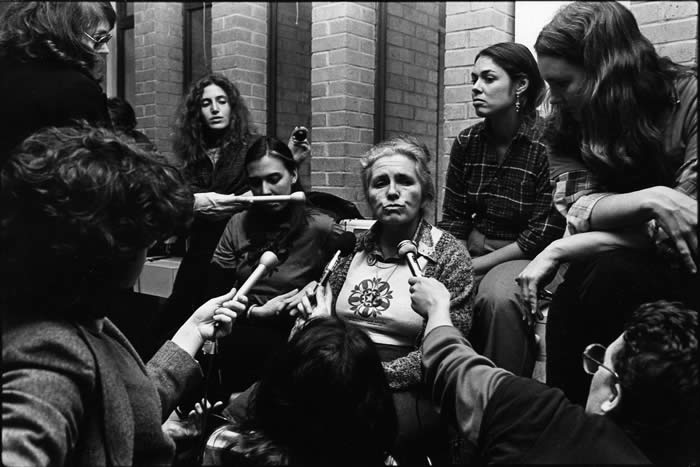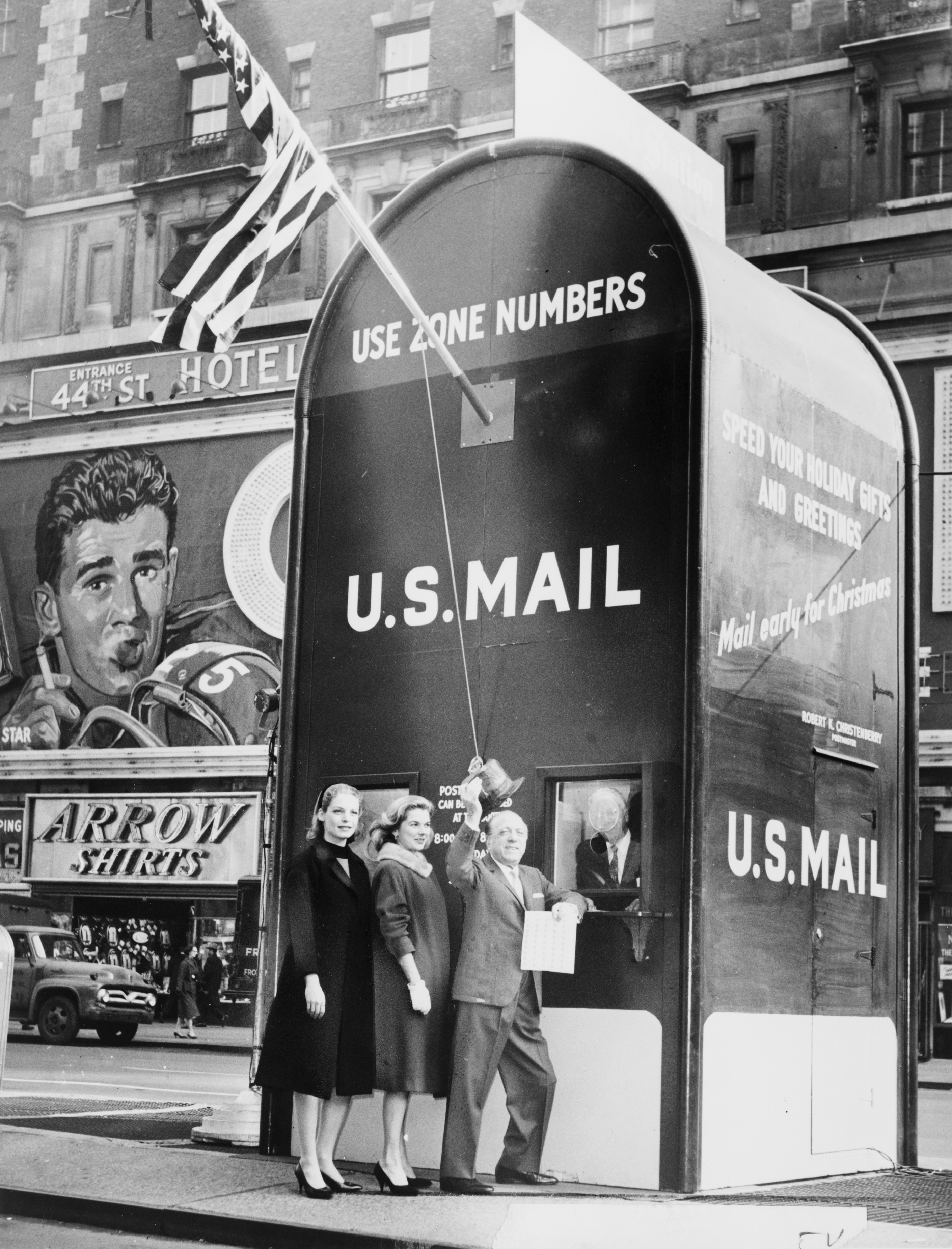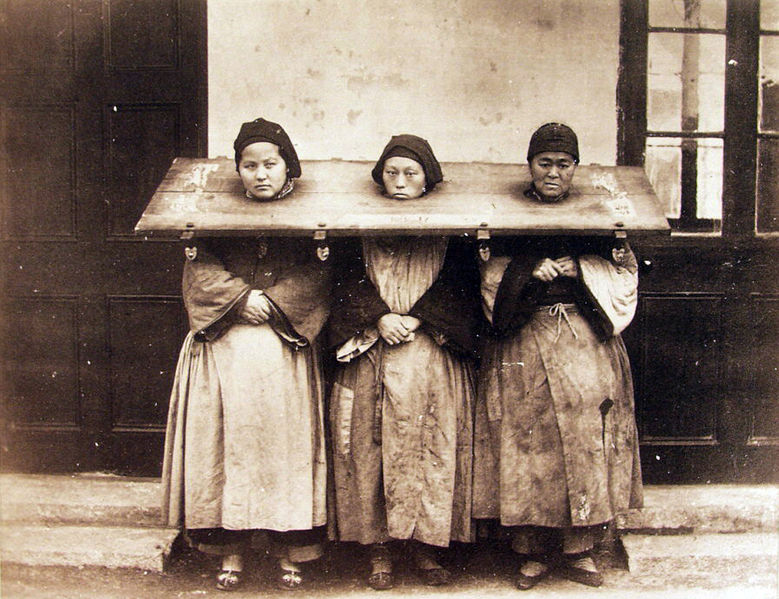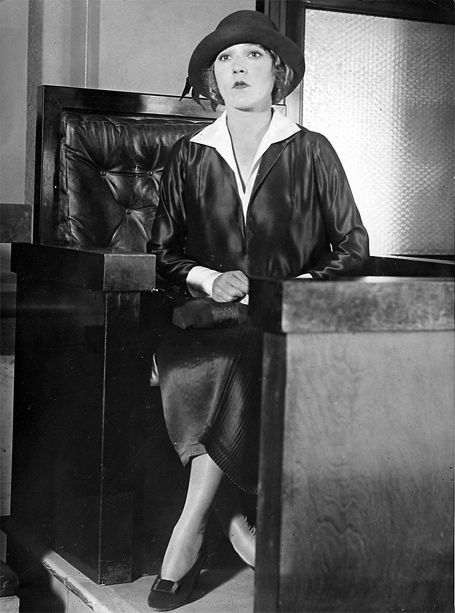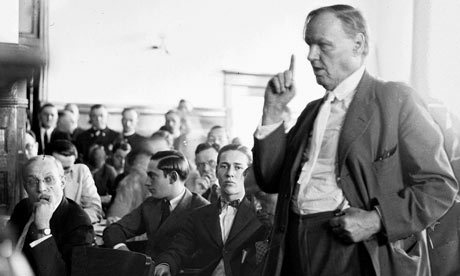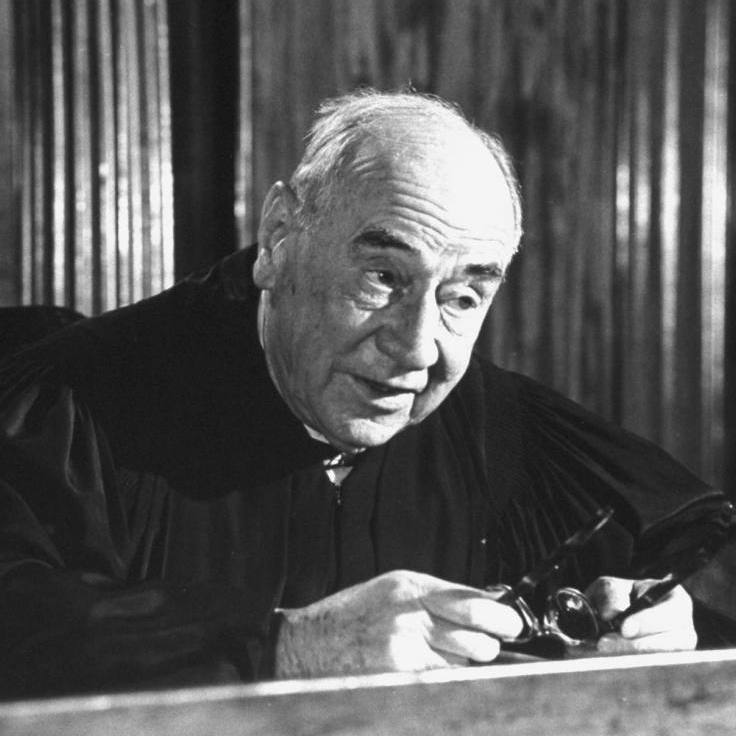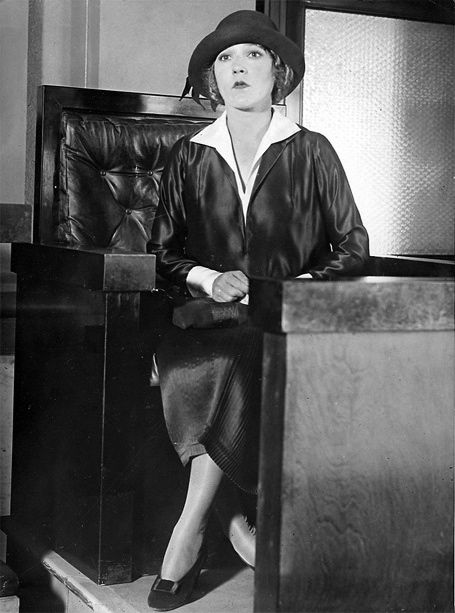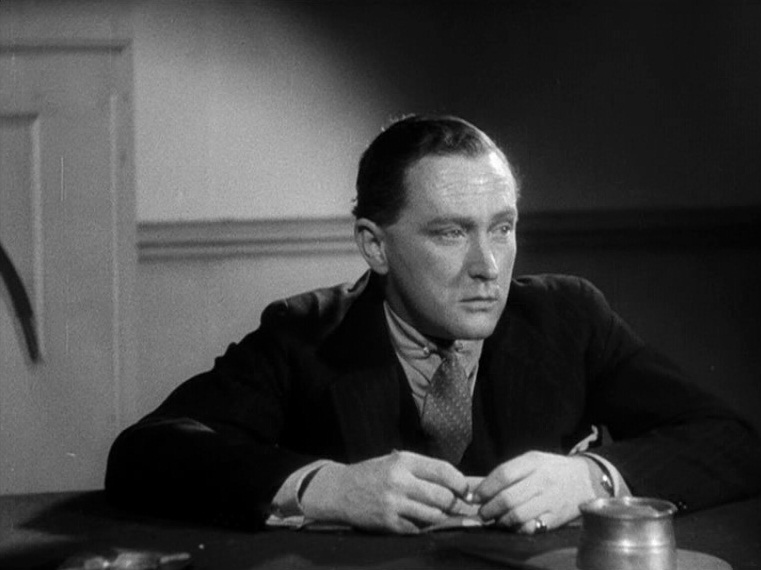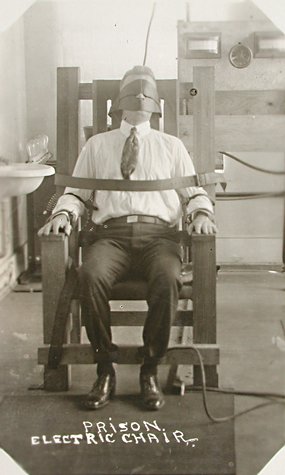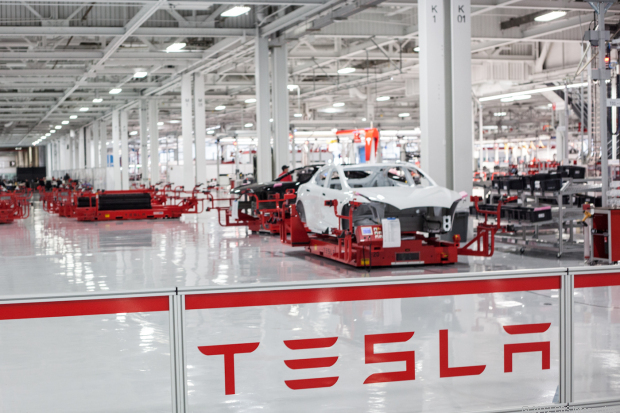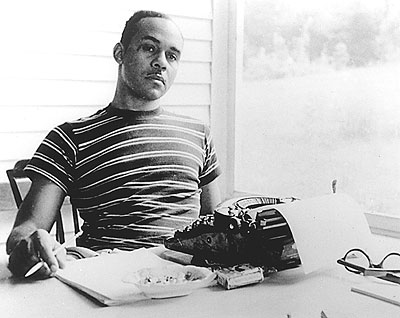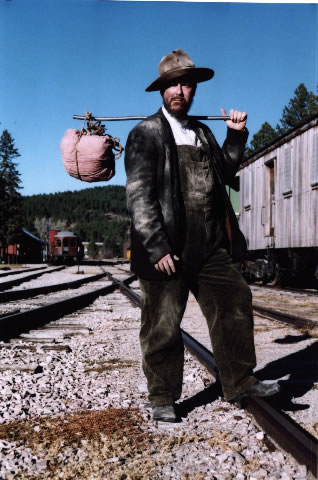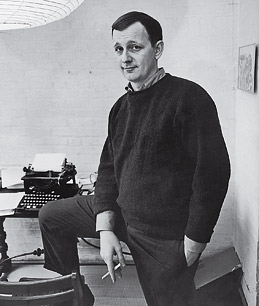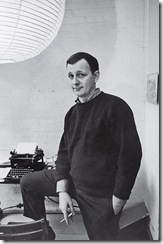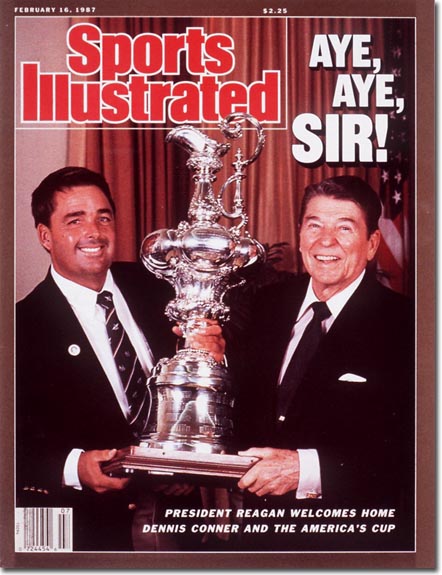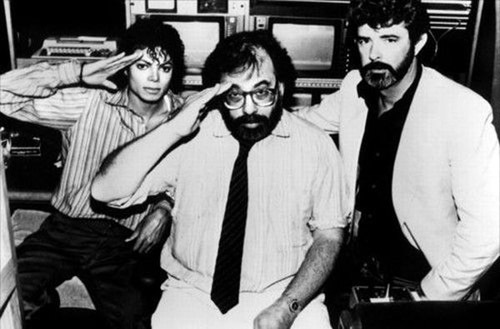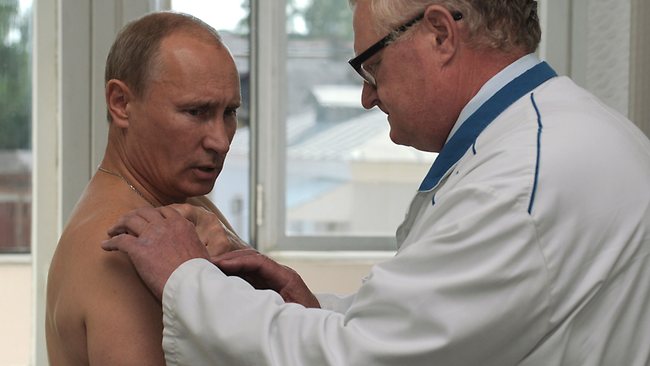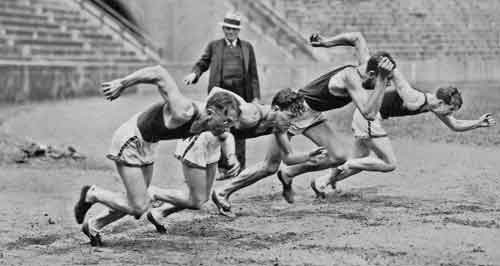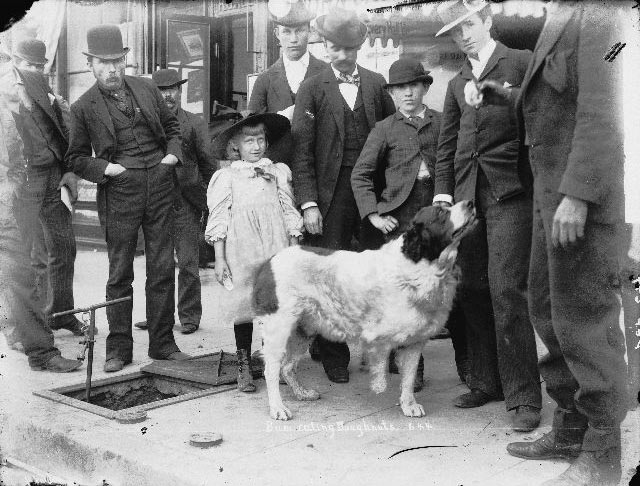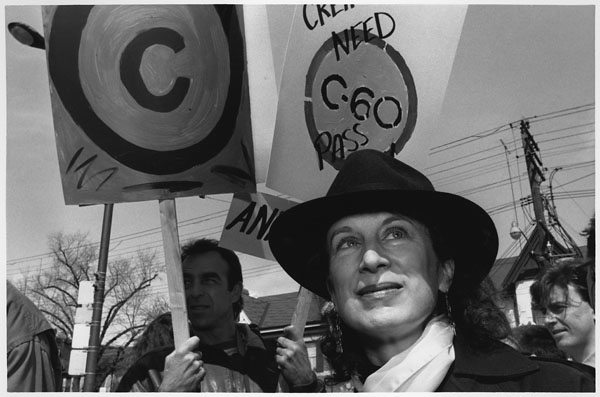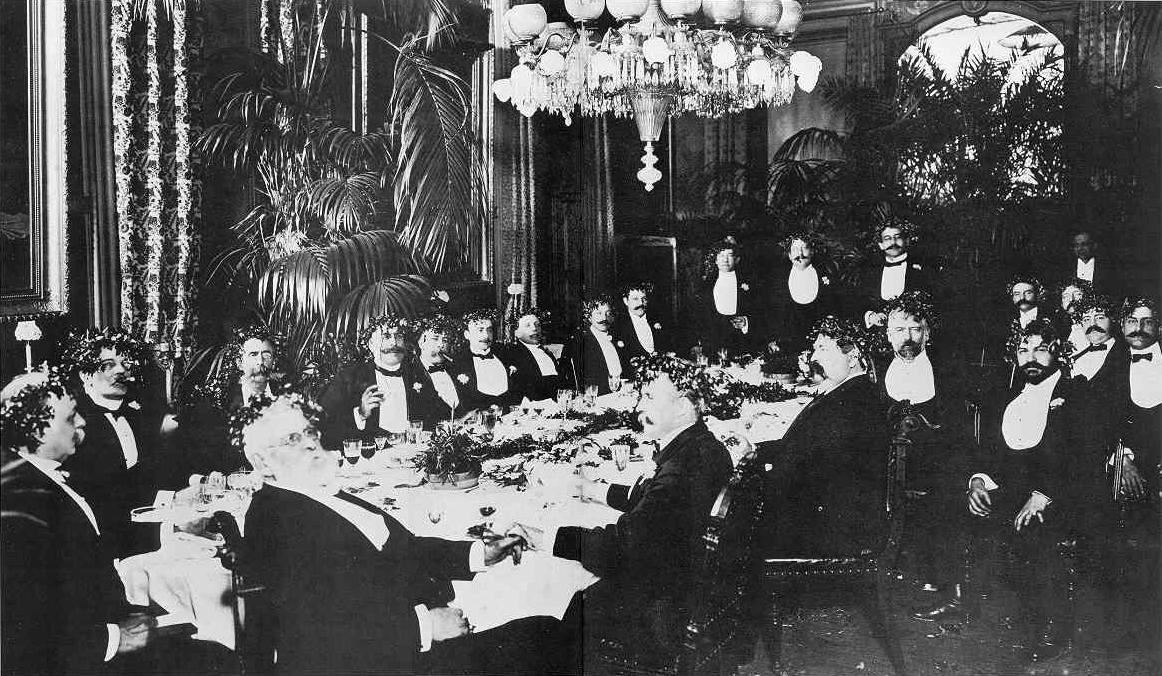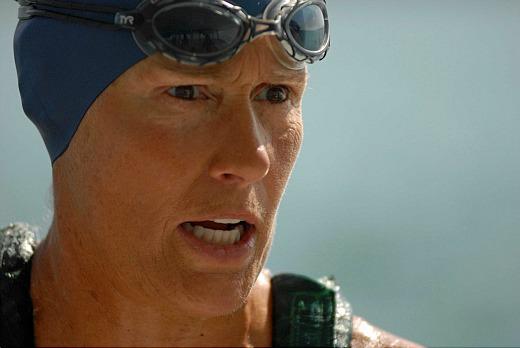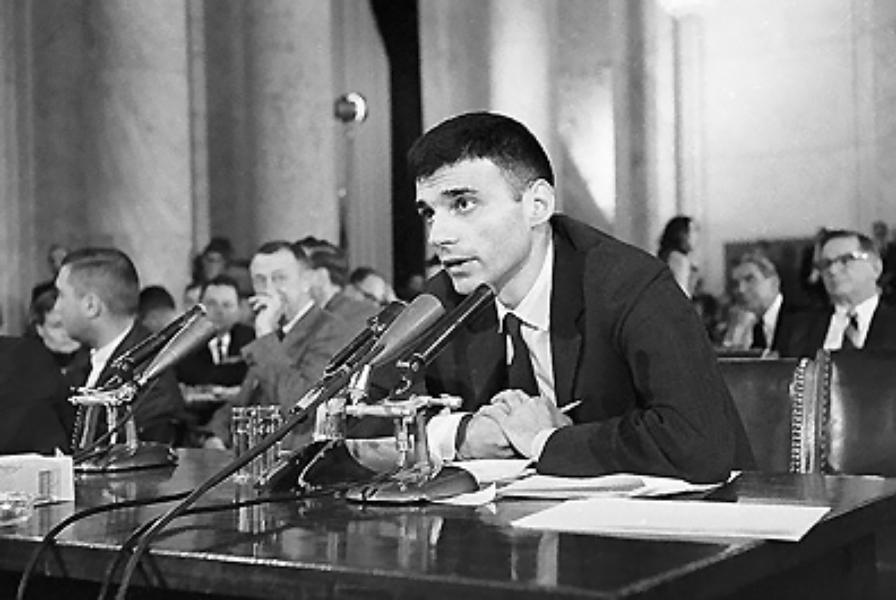
Ralph Nader was a bothersome man, and that was useful when Americans began being called “consumers” rather than “citizens.” He did a great deal of good, alerting his neighbors to all manner of corporate abuses, which were planned and executed according to a playbook. Nader pointed out that corporations, which were definitely not people, were hellbent on gypping us and endangering us in the name of profits, and it made him one of the most important Americans of his generation, a town crier for the advertising age.
Some worried that Nader would be corrupted by the power, but that never happened. His fall occurred for a strange yet simple reason: He told himself a lie, and he believed it. Perhaps he’d been working too long with black and white and not enough gray, but during his 2000 Presidential campaign, he began marketing the lie: That the two major American political parties were exactly alike and nothing would be different regardless of who was elected. Some “consumers” bought in. And when you look back on it, you know that Al Gore wouldn’t have been precisely the same President as George W. Bush, that he likely wouldn’t have invaded Iraq, which cost us 5,000 Americans and maybe 100,000 Iraqis. It was Nader who helped remove those people’s safety belts. It’s a shame for them and their families, and for all of us as well, because we really could use a Ralph Nader right about now.
• • • • •
I’ve made it clear before that I don’t believe children should be admitted to fast-food restaurants any more than they’re allowed to patronize bars or purchase cigarettes. Ronald McDonald and the Wendy’s Girl are really no different than Joe Camel. They’re all there to lure a young demographic to addictive behaviors, disease and death.
From the 1970 David Frost book, The Americans, a passage in which the host and Nader engage in a discussion on children’s food:
“David Frost:
One of your main worries at the moment is baby food, isn’t it?
Ralph Nader:
Yes. Here’s an illustration. The leading companies in the industry are putting monosodium glutamate in baby food. That’s to enhance the flavor, so to speak. They’re putting in salt and sugar. But for whose taste? For the benefit of the mother, because the infant does not have taste discrimination. But if the mother likes the taste she will purchase the product and feed it to the infant.
It just so happens that not only do these ingredients cost more, but they have no nutritional value. And they may be potentially harmful, particularly to infants who have hypertension tendencies, as they develop later in life. And they don’t need them at all.
Do you know how easy it would be to have these baby-food manufacturers delete these ingredients from baby food? All it would take would be about three or four thousand letters from mothers around the country saying in no uncertain terms that they do want to purchase baby food on the basis of how nutritious it is for the infant. And it could change.
The consumers have a voice, they really have a part, if they will only speak up. You’ve got to develop a consumer power organized around things like the food industry, automobiles, insurance, telephone services, all these other industries, in order to develop the voice of the consumer.
David Frost:
You’ve said consumer power. As the years have gone by, you’ve been proved right, again and again. But you’ve also got more and more power yourself. Power to influence, at least. Doe sit ever worry you that power will corrupt you in any way?
Ralph Nader:
No. Because it doesn’t amount to a whit. It just amount to talking. You tell people that frankfurters are filled with fat up to thirty-five or forty percent; you tell them that their appliances are wearing out; tell them that their cars are coming out with more average defects–thirty-two per car in tested cars by Consumer Reports last year. You tell them that–
David Frost:
Thirty-two defects per car?
Ralph Nader:
Thirty-two defects per car. You tell them that there are illegal interest charges all over the country, being charged, and they’re concerned. But they don’t do much about it. They’re pretty complacent. They just sit an watch television.”

